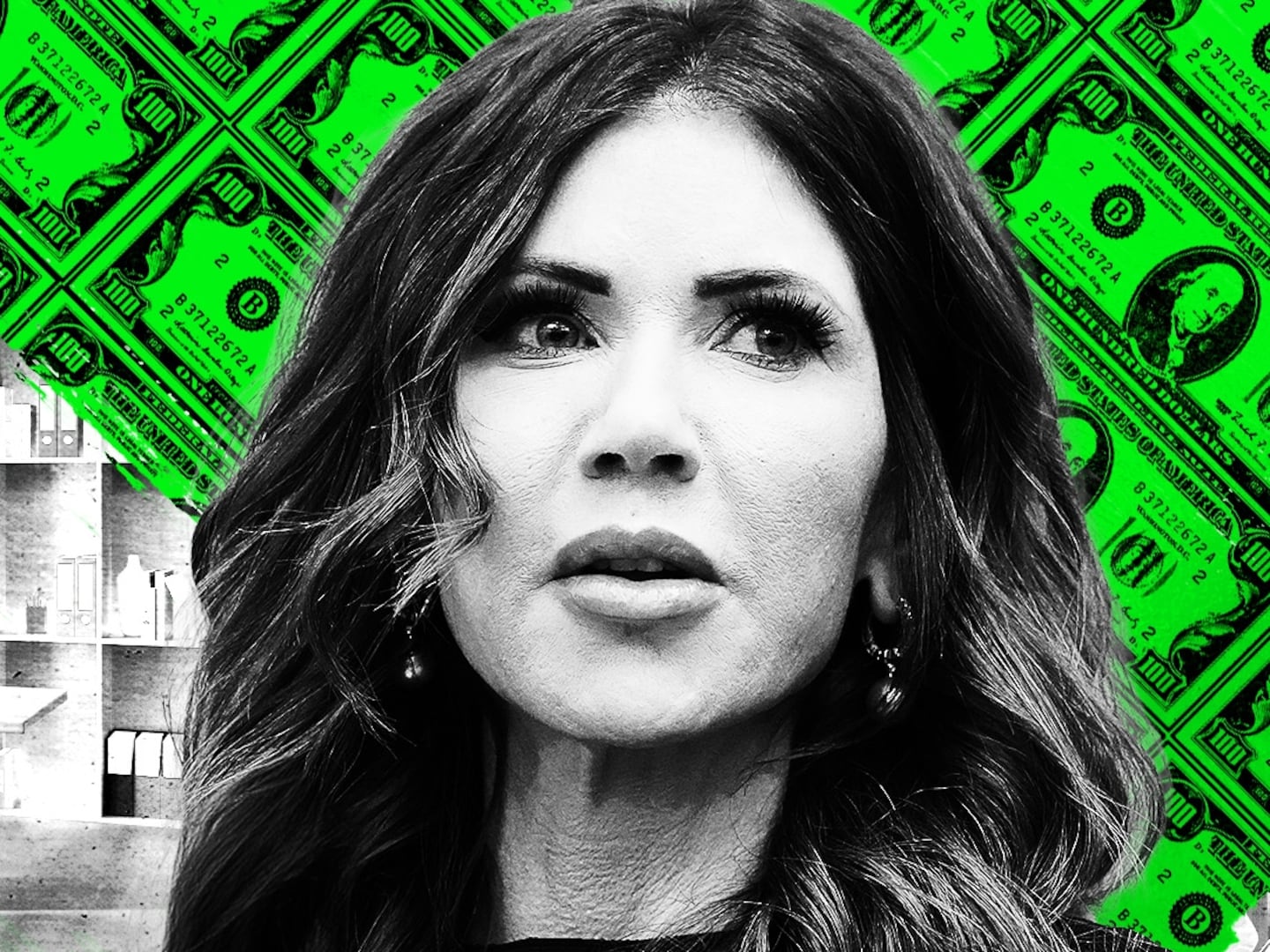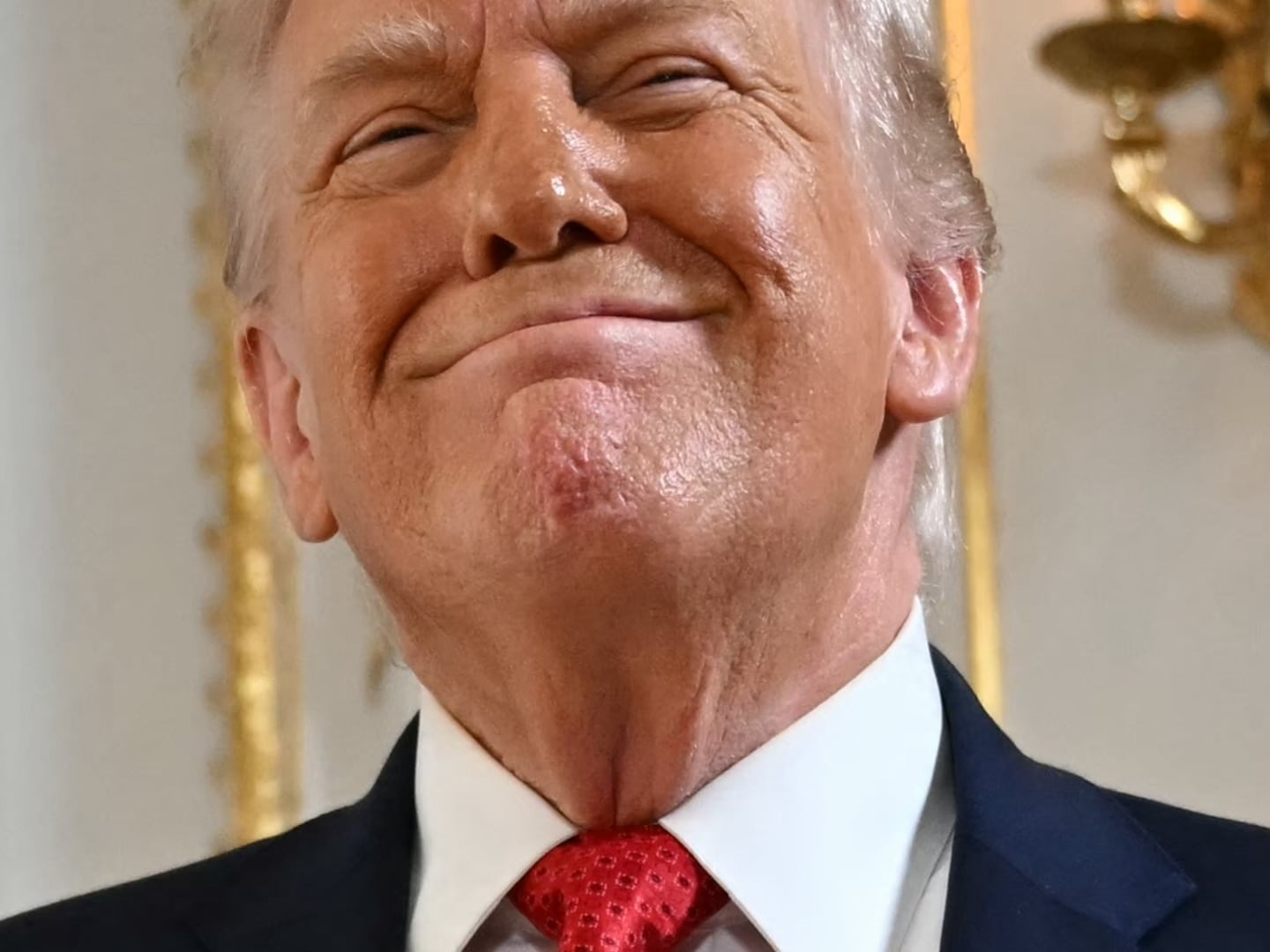In his first State of the Union message, President Donald Trump went hard against North Korea with the attack the regime of Kim Jong Un fears most.
CNN, hours before the address, cited a source who predicted the president would “give ‘eye-opening’ remarks” regarding “efforts to curb North Korea’s nuclear-weapons program.”
Trump in fact mentioned the North’s “nuclear missiles,” but that was no more than a line thrown out in passing. The American leader instead undermined the Kim family by launching an assault on its abuse of human rights—and indirectly made the case for regime change.
“No regime has oppressed its own citizens more totally or brutally than the cruel dictatorship in North Korea,” the president said in his State of the Union. “We need only look at the depraved character of the North Korean regime to understand the nature of the nuclear threat it could pose to America and to our allies.”
Trump followed those words by speaking of the depravity of that regime, and about the brutalization of Otto Warmbier, the University of Virginia student beaten and imprisoned while on a tour in the North. Perhaps the most heart-rending moment of the evening was when Trump introduced his parents, Fred and Cindy Warmbier, and Otto’s brother and sister, all still visibly shaken by their loss.
And then came what for me was the most inspirational moment of the evening. “In 1996, Seong-ho was a starving boy in North Korea.” The president recounted how Ji Seong-ho passed out on railroad tracks while scrounging for coal, in the hope of finding something to barter for food. He lost his left hand and left foot when a train ran over his body, and after being tortured for talking with Christians, Ji escaped the North, traveling “thousands of miles on crutches all across China and Southeast Asia to freedom.”
Today, Ji lives in Seoul helping other defectors and broadcasting across the Demilitarized Zone into North Korea. He has a new leg, the president said. And then Trump looked into the gallery at Ji. “I understand you still keep those old crutches as a reminder of how far you’ve come.” In response, Ji in an outstretched right hand held up those crutches in victory.
“Full credit must go to President Trump and first lady Melania Trump,” Greg Scarlatoiu, executive director of the Committee for Human Rights in North Korea, told The Daily Beast just moments after the conclusion of the State of the Union. “This is an historic event. The presence of the Warmbier family and disabled North Korean escapee activist Ji Seong-ho clearly signals that North Korean human rights is at the top of the Trump administration’s agenda.”
And Scarlatoiu, a close friend of Ji, said this to me: “The message sent to the Moon Jae-in government in South Korea is clear: Protect and support North Korean escapees and groups working to improve the North Korean human-rights situation, give North Korean escapees a voice, do not muffle them.”
Trump has worked hard to prevent Moon, who is fervently in favor of reconciliation between the two Koreas, from supporting Kim Jong Un. On the night of the State of the Union, Trump left out the geopolitics and, by focusing on the victims of the cruelest regime on earth, shamed Moon, who in recent days has been trying to stifle protests against North Korea.
“The [Kim] regime fears the truth above all else,” Trump said as he addressed South Korea’s legislature, the National Assembly, early last November. There, just a few miles from the Demilitarized Zone, he contrasted the two Koreas. “The Korean miracle extends exactly as far as the armies of free nations advanced in 1953—24 miles to the north,” Trump said. “There, it stops; it all comes to an end. Dead stop. The flourishing ends, and the prison state of North Korea sadly begins.”
The Korean Peninsula is the world’s most interesting political experiment. There are now two Koreas, one free and the other slave, and they sit, of course, side-by-side. Kim Jong Un, the leader of the enslaved Korea, knows his rule is at risk unless he can subjugate the free one. That makes the situation in North Asia inherently unstable.
“There is a clear nexus between the political security challenges posed by the Kim regime and its appalling human rights situation,” Scarlatoiu says. “In order to build its tools of death and keep critical elites happy, Kim Jong Un needs hard currency. It obtains it through exploiting and oppressing its own people at home and abroad.”
On Tuesday night, there was no “fire and fury” and no “little Rocket Man.” There were only two personal stories, one a tragedy and the other a triumph of the human spirit.
And that’s all President Trump needed to say on North Korea.






